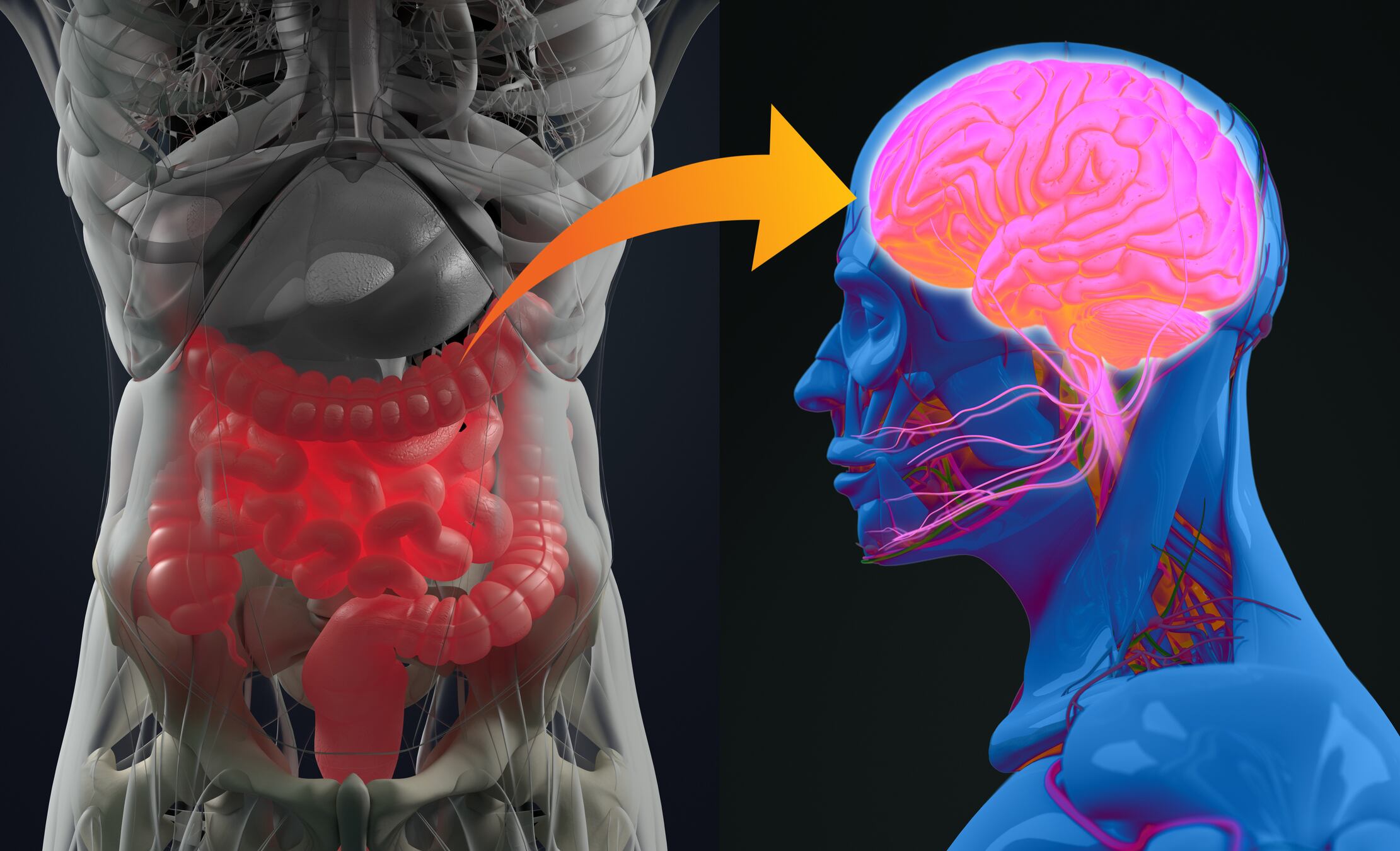Evidence from the double-blind study suggest the efficacy of galacto-oligosaccharide (GOS) prebiotics is particularly pronounced in young adults with trait (personality-related) anxiety, although significant reductions in state (reactive) anxiety levels were also observed.
Previous research suggests modifying microbial diversity through intake of ‘psychobiotics’ (probiotics and prebiotics) helps reduce stress, anxiety and depression in a matter of days, as well as improving brain function.
The findings at Surrey university support prevailing theories on the benefits of prebiotics, but this study focused specifically on young adults from late adolescence to early adulthood, which is considered a key developmental stage when nutritional supplementation has the potential to offset health-related illnesses in later adulthood.
“It has been repeatedly shown that the transitional period from adolescence to adulthood represents an important developmental juncture for both the emergence of social anxiety and the development of emotion control abilities, which allow the individual to control their fear responses and anxiety,” the report states.
“Our study adopted a two-pronged approach which would allow us to shed light on this unique transitional period into early adulthood from both a mental health and gut microbiota angle.”
Study method
The 4-week study, which was performed in cooperation with FrieslandCampina ingredients, examined the effects of GOS prebiotic supplements on gut-microbiota, emotional behaviour, and the well-being of 64 female volunteers (aged 18-25 years).
Participants had no current or previous clinical problems and were not habitual users of prebiotic or probiotic supplements.
They were all screened for trait anxiety scores on the STAI-Trait subscale 44 and a custom programme was used to blindly randomise them into the supplement or placebo group.
The volunteers received either a daily 7.5g dose of prebiotic galacto-oligosaccharides (Biotis GOS) or a placebo (maltodextrin and dried glucose syrup) in powder form for a period of 28 days.
Two 4-day food diaries were completed to assess nutrient intake and monitor compliance to dietary requirements. These were analysed by team members for energy and macro- and micronutrient intakes.
Self-report and psychological self-assessment questionnaires were used to assess mood, emotion regulation and sleep in order to classify trait anxiety levels.
“Our protocol for supplement group assignment and resultant normative distribution of self-reported trait anxiety levels in our sample afforded the opportunity for us to stratify the supplement intervention groups by median trait anxiety into high anxious (e.g. scores ≥ 40) or low anxious (e.g. scores < 40) groups to consider the effects and interactions of GOS and general anxiety levels.
“We focused on trait anxiety as this is characterised as a relatively stable feature enduring over a period of time rather than a transient and situational feeling as measured by the state subscale of the STAI.”
Volunteers were also required to participate in attentional dot-probe tasks and exposed to negative, positive, and neutral word pairs in masked and unmasked conditions to elicit emotional responses.
Healthy bacteria
The team observed increased Bifidobacterium in the GOS group compared with the placebo group, which supports current evidence that Bifidobacterium bacteria has a positive effect on mental well-being. In addition, it was noted that prebiotic bacteria may help prevent the growth of less beneficial bacteria and contribute to improved well-being in young adults displaying symptoms of stress and anxiety.
Dr Kathrin Cohen Kadosh, at the university’s developmental cognitive neuroscience department, adds: “This new research marks a significant step forward in that we were able to show that we can use a simple and safe food supplement such as prebiotics to improve both the abundance of beneficial gut bacteria and to improve mental health and well-being in young women.”
The report maintains that nutritional supplementation could help stabilise negative emotional symptoms triggered by microbiota-gut-brain (MGB) influences in the latter stages of maturation that subsequently govern lifelong behaviours.
Source: Scientific Reports
Nicola Johnstone, Chiara Milesi, Olivia Burn, Bartholomeus van den Bogert, Arjen Nauta, Kathryn Hart, Paul Sowden, Philip W. J. Burnet & Kathrin Cohen Kadosh
“Anxiolytic effects of a galacto-oligosaccharides prebiotic in healthy females (18-25 years) with corresponding changes in gut bacterial composition”




